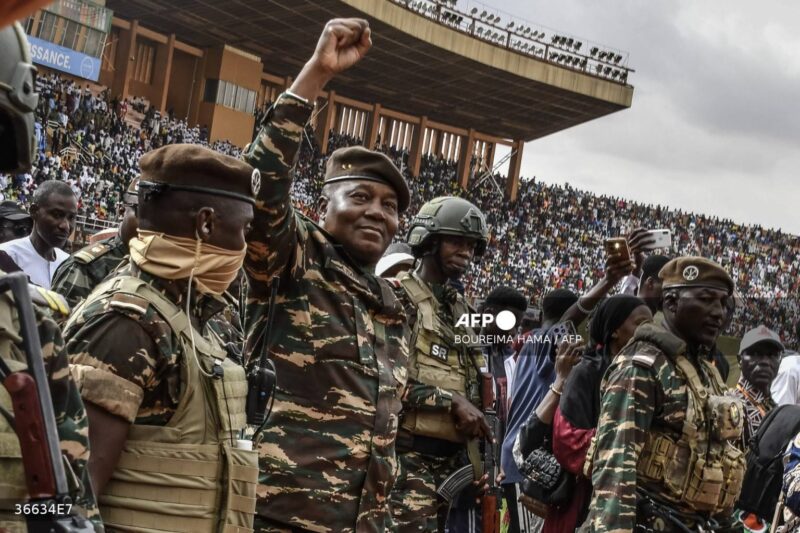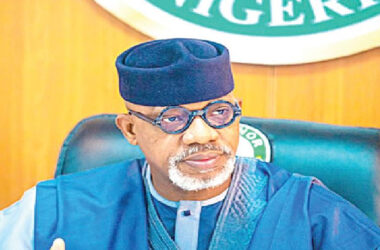Niger has officially changed its national language from French to Hausa, marking a significant departure from its colonial legacy. The announcement came through a new national charter published on March 31 in a special edition of the country’s official journal.
The document states clearly, “The national language is Hausa,” while also noting that English and French will now serve as working languages. This change reflects a broader effort by the country’s military leadership to promote local identity and reduce reliance on its colonial past.
Hausa is widely spoken throughout Niger, especially in regions such as Maradi, Zinder, and Tahoua. Estimates suggest that most of Niger’s population, which is around 26 million people, speak and understand Hausa. In contrast, only about 13 percent—roughly three million people—are fluent in French. This shift brings the country’s language policy more in line with the linguistic realities of its citizens.
The new charter also acknowledges other widely spoken local languages. These include Zarma-Songhay, Fula, Kanuri, Gourmanche, and Arabic, among others. These languages are recognized as part of the nation’s cultural and social framework.
The decision follows a national dialogue that took place in February. During that gathering, Niger’s military government received strong support and General Abdourahamane Tiani was granted an extension of his leadership for an additional five years. The move to promote local languages was part of the proposals discussed.
Since the military took control of the country in July 2023, after overthrowing civilian president Mohamed Bazoum, Niger has been gradually cutting ties with France. The government has expelled French troops, ended diplomatic connections, and renamed streets and buildings that bore French names.
Niger’s shift mirrors similar moves by other former French colonies in the region. Both Mali and Burkina Faso, also under military governments, have distanced themselves from French influence. Like Niger, they have exited the Organisation Internationale de la Francophonie, which promotes the French language globally.










